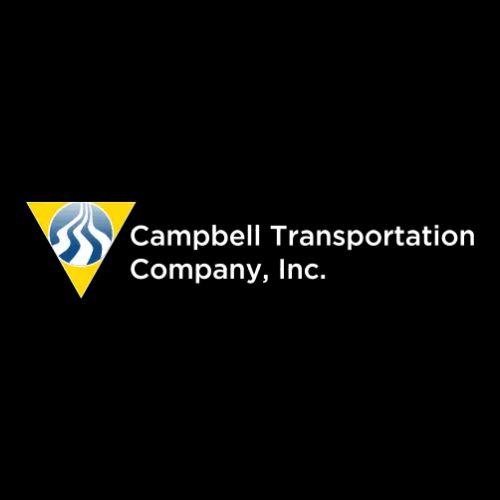Notifications

6 minutes, 0 seconds
-28 Views 0 Comments 0 Likes 0 Reviews

In the heart of America’s economy flows a vast and often overlooked transportation network—our inland waterways. While trucks and trains often take the spotlight, barge companies and towboat companies form the backbone of a quieter, more efficient movement of goods. From the Mississippi to the Ohio River, this system plays a vital role in connecting producers with markets, supporting industries, and sustaining communities.
Barge transportation is one of the most efficient, cost-effective, and environmentally friendly ways to move large volumes of goods. Whether it’s coal, grain, petroleum, or construction materials, barge fleets carry essential commodities across thousands of miles of navigable rivers.
Here’s why this mode of transport continues to be a top choice for bulk materials:
Fuel Efficiency: One gallon of fuel can move one ton of cargo over 600 miles by barge—far more than by truck or train.
Lower Emissions: Barges emit significantly fewer greenhouse gases compared to other freight options.
Safety: Barge transportation has one of the lowest accident rates in freight movement.
High Capacity: A single barge can carry the load of dozens of trucks, reducing road congestion and wear.
Behind every barge are powerful towboats pushing or pulling loads through narrow channels and across busy locks. These specialized vessels are more than just workhorses; they are guided by experienced crews trained to navigate challenging river systems.
Towboat companies provide:
Route planning and logistics
River pilotage and navigation
Fleet management
Maintenance and repair operations
Towboats vary in size and power depending on the waterway and cargo. On major rivers like the Mississippi, large line-haul towboats can push 30-40 barges at a time. In smaller rivers or canals, smaller towboats offer more precise maneuverability.
Many industries depend on reliable barge and towboat companies for daily operations. These include:
Agriculture: Moving grain, corn, soybeans, and fertilizers to and from major export terminals.
Energy: Transporting coal, crude oil, and natural gas liquids.
Construction: Delivering materials like cement, steel, gravel, and sand to urban development sites.
Chemicals: Handling complex and sometimes hazardous cargo safely.
Waterway transport supports both upstream and downstream supply chains—helping goods flow smoothly across state lines and into international markets.
In today’s climate-conscious world, businesses are increasingly drawn to greener logistics solutions. Barge companies provide a sustainable edge with:
Reduced carbon footprint
Less noise pollution
Lower fuel consumption
Shippers aiming to meet their sustainability goals are turning to river transport not just for efficiency, but also for environmental stewardship.
Like every modern industry, the marine transport sector is evolving. Some of the latest developments include:
Hybrid and electric towboats: Reducing emissions and noise pollution
Automated navigation systems: Enhancing safety and efficiency
Data analytics and GPS tracking: Offering real-time fleet monitoring
Improved lock and dam infrastructure: Reducing wait times and boosting throughput
These innovations not only improve service quality but also attract new clients who value modernization and transparency.
When selecting a marine transportation company, reliability and experience are key. Consider the following:
Safety record: Prioritize companies with strong safety protocols and training programs.
Fleet size and flexibility: Look for diverse barge and towboat availability to meet different cargo needs.
Customer support: Choose a partner known for responsive, solution-driven service.
Geographic coverage: Ensure the company operates on the rivers and terminals you depend on.
A strong transportation partner will do more than just move goods—they will help streamline your entire supply chain.
With over a century of maritime tradition, Campbell Transportation Company, Inc. exemplifies the strength and reliability of inland waterway transport. Their commitment to safety, efficiency, and customer satisfaction makes them a trusted choice in the industry.
Conclusion
Inland barge and towboat companies continue to move the economy—quietly, efficiently, and sustainably. As industries seek smarter ways to transport their goods, barge transportation remains a vital and growing part of the solution. Whether you're shipping grain downriver or chemicals across state lines, the power of America’s rivers—and the companies that navigate them—can’t be underestimated.
barge transportation tugboat companies barge transportation companies towboat companies

